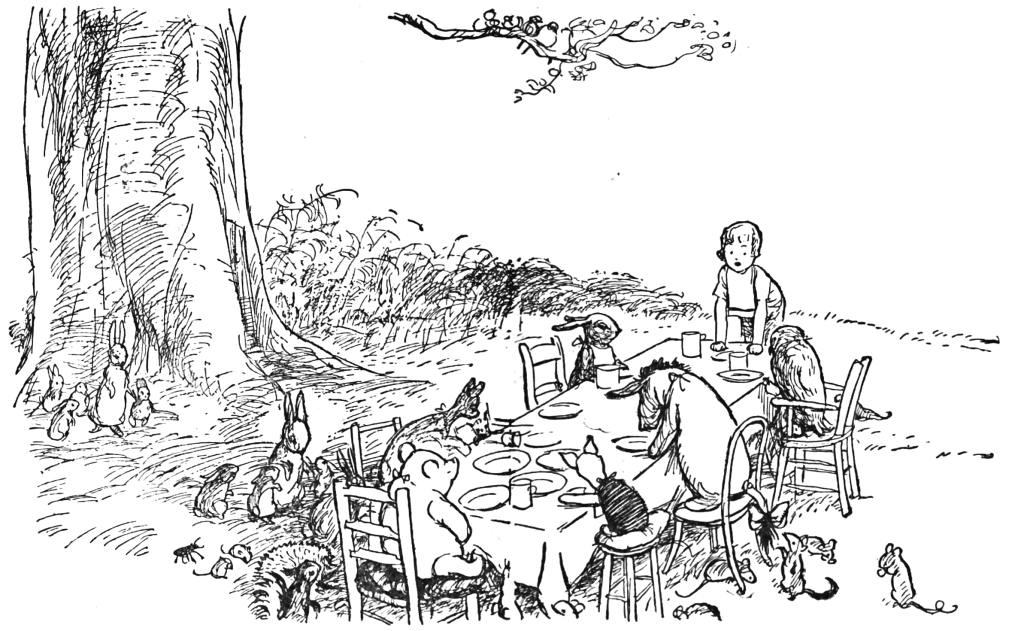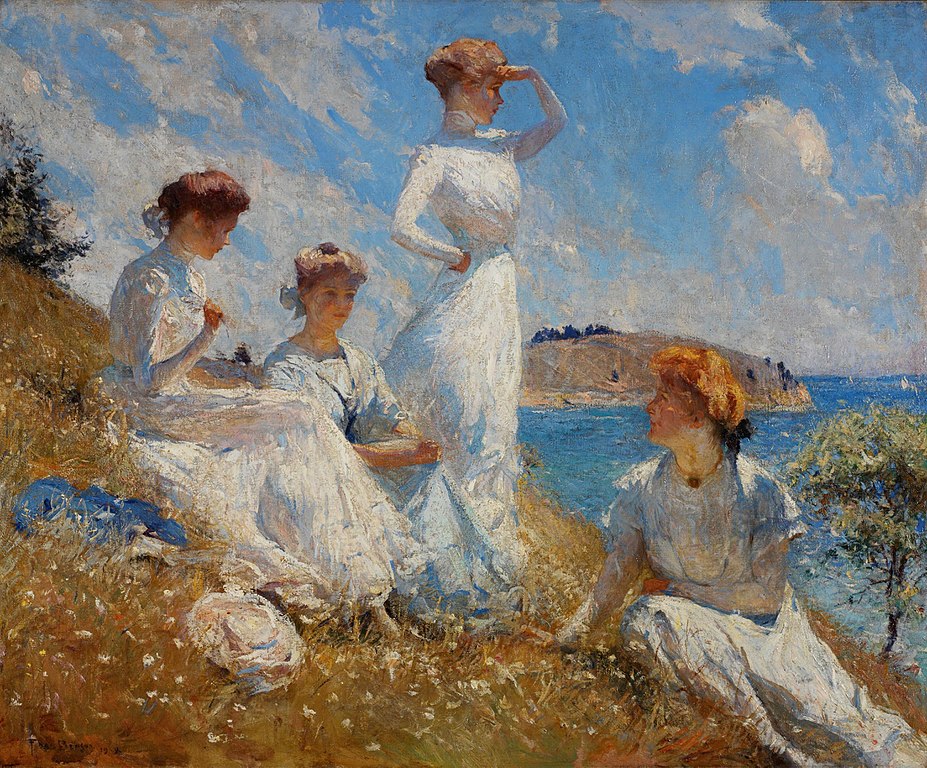As the world is waking up to welcome a new year, Wikimedians around the world are celebrating Public Domain Day. Each January 1st, the copyright protection of certain artworks lapses – which means that these works become part of the Public Domain. As such, they can be freely re-used on Wikipedia and beyond.
Each year, it is exciting to look at the works that are entering the Public Domain, and Wikipedians are ready to upload new images to Wikimedia Commons, transcribe new books on Wikisource and expand and illustrate their authors’ biographies in Wikipedia.
Because copyright law is complicated, it can be difficult to determine which works exactly enter the Public Domain each year in a given jurisdiction. In most countries, copyright lasts for a number of years after an author’s death (70 years in Europe and other countries, 50 or 60 years in others). Notably, the United States apply a different rule, releasing works into the Public Domain 96 years after their publication.
As every year, Public Domain Day 2022 brings us a colourful mix of artworks big and small to celebrate:
Public Domain Day 2022 in the United States: Milne and Hemingway
In the United States, the classic children’s book Winnie-the-Pooh by A. A. Milne, complete with the well-known illustrations by E. H. Shepard, is entering the Public Domain, alongside Ernest Hemingway’s novel The Sun Also Rises, Agatha Christie’s whodunit The Murder of Roger Ackroyd, and Vita Sackville-West’s poem The Land, because they were all published in 1926.

These four works are just the most high-profile examples of all the 1926 publications – including paintings, photographs, books, and even a number of early films – that are now free for anyone to reproduce and re-use. Wikipedians will also appreciate hearing that the 13th edition of Encyclopaedia Britannica, published the same year, is now out of copyright.
In addition, sound recordings published before 1923 enter the Public Domain in the United States today. Amanda Jenkins of the U.S. Library of Congress comments:
So, as of January 1, 2022, tens of thousands of early recordings will no longer be under copyright restrictions. What does this mean for recorded sound research at the Library of Congress? Increased public and online access to previously unavailable recordings and expanded opportunities to explore the earliest days of our sound recording heritage.
Amanda Jenkins, 2018-19 Librarian-in-Residence at the Library of Congress
Public Domain Day 2022 in Europe and other countries: Wittgenstein and Schoenberg
The most well-known works that enter the Public Domain in Europe and other countries (that use the “life plus 70 years” rule to determine copyright protection) are those of two Austrian-Jewish intellectual heavyweights: philosopher Ludwig Wittgenstein, who shaped 20th-century philosophy with his works Tractatus Logico-Philosophicus and Philosophical Investigations, and composer Arnold Schoenberg, who was one of the last romanticists and later developed twelve-tone music. One common observation about both is that their oeuvres can be separated into two opposing creative periods.
The European Public Domain is also welcoming the works of two world-famous authors and Nobel laureates that also died in 1951: the 1930 laureate Sinclair Lewis, known “for his powerful and vivid art of description”, and André Gide, whose 1947 citation highlighted his “fearless love of truth” – both writing virtues that the Wikipedia community can certainly appreciate.
Let the celebrations begin!
You are invited to join this year’s Public Domain Day celebrations by re-discovering the works that have now entered the Public Domain, sharing them, and even remixing them as you like. Wikimedians will spend the coming days inserting images and sound recordings in the Wikipedia articles about the works themselves and in their authors’ biographies.
In addition, our friends at the Internet Archive and Creative Commons will be hosting an exquisite virtual party with the theme A Celebration of Sound on 20 January 2022 at 21.00 UTC, and we are happy to share their invitation with you. We hope to see you there!


Can you help us translate this article?
In order for this article to reach as many people as possible we would like your help. Can you translate this article to get the message out?
Start translation